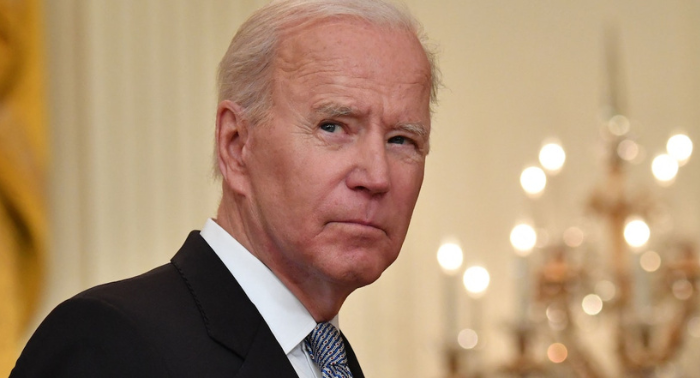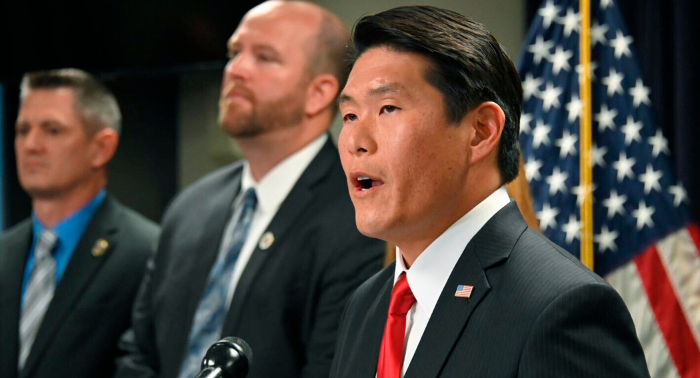In what appears to be an about-face, President Joe Biden is reportedly wavering on his commitment to emergency military assistance for Israel, leaving many stunned and questioning the rationale behind this hesitation.
During his recent visit to Israel amidst an ongoing conflict, President Biden firmly stated his support for the nation’s defense needs. His pledge was not just welcomed but praised across various platforms, including an appreciation piece I authored for All Israel News. I acknowledged President Biden for his unprecedented support as the first U.S. president to stand with Israel during an active conflict, assuring critical military assistance.
Yet, this commendable stance seems to be under threat as President Biden contemplates a veto on a straightforward aid package, sparking potential partisan discord that could undermine the essential support Israel requires at this juncture.
Now, as Israel faces increasing scrutiny from international bodies and the press, unwavering and united support from U.S. leadership is imperative.
A recent motion by the U.S. House of Representatives to pass a $14.5 billion emergency military aid package for Israel, with bipartisan support — including 12 Democrats who are staunch supporters of Israel — echoes the necessity of such solidarity.
These lawmakers, including notable figures like Josh Gottheimer and Debbie Wasserman Schultz, highlight the commitment within parts of the Democratic party towards Israel’s security needs. The initiative, propelled by House Speaker Mike Johnson, an Evangelical Christian from Louisiana, ensures that Israel’s aid is not entangled with other funding measures that could delay its dispatch.
Speaker Johnson, along with the House, insists on compensating the emergency aid with budget reductions elsewhere, aiming to bolster Israel’s defense while advocating for fiscal responsibility.
Contrary to this, President Biden’s proposal suggests a substantially larger $106 billion aid package, which would bundle assistance for various global and domestic concerns, including the crisis in Ukraine and border security measures in the U.S. This broad package risks diluting the focus on Israel’s immediate needs.
Moreover, the situation is complicated by Senate Majority Leader Chuck Schumer’s stance. The leader has dismissed the House’s proposal and seeks to develop an alternative bipartisan package. This move has escalated tensions and concern, as Israel continues to confront threats to its existence.
This political jousting in the corridors of Washington comes at a critical moment when Israel is locked in a battle against adversaries. The question that now looms large is whether bipartisan politics will overshadow the urgent support that America’s steadfast ally requires in times of crisis.




